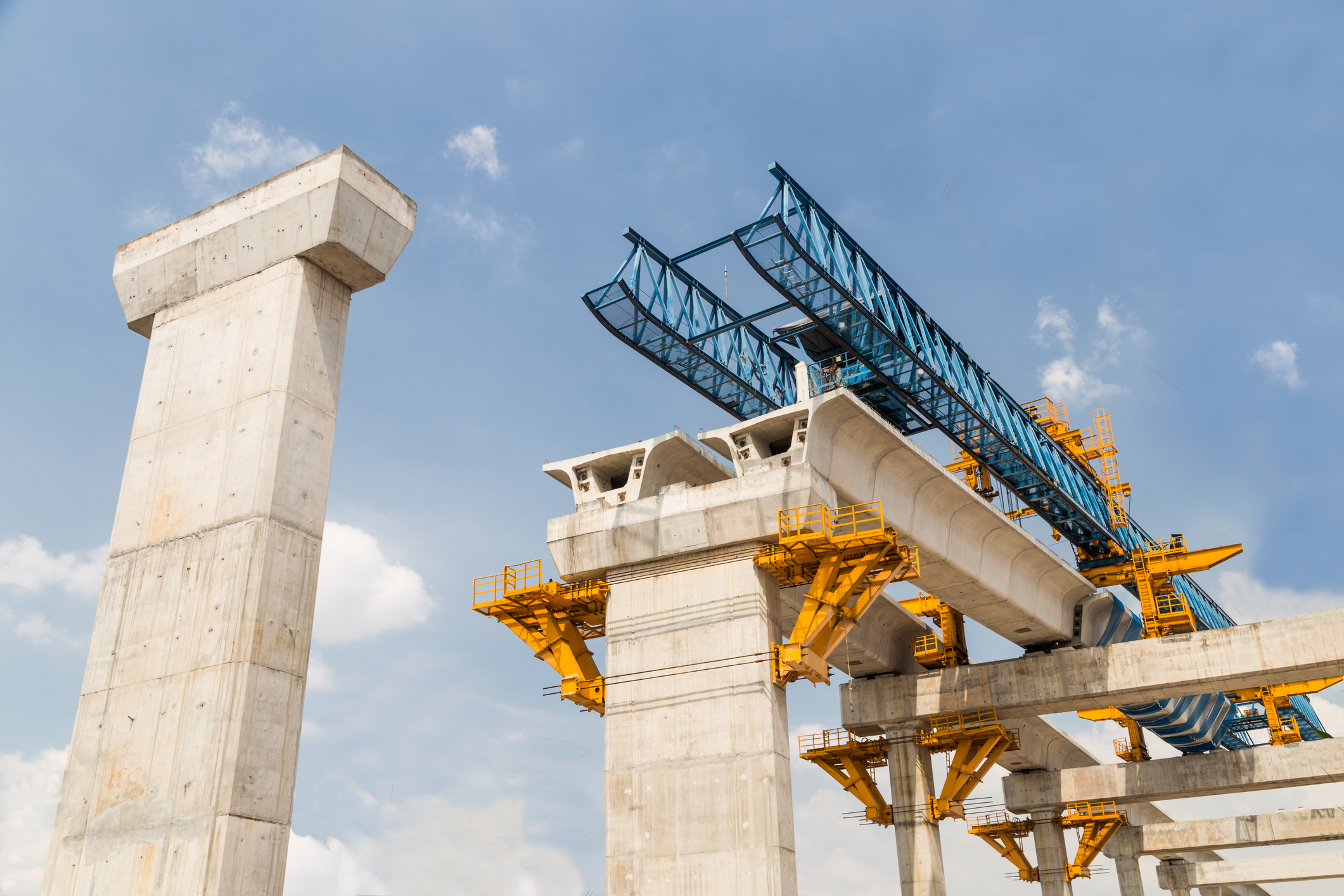Senate Bill 5992 is one of eight transportation package reform bills introduced in the state Senate last week. The goal of the reform bill is to reduce the cost of ferries by introducing an open bidding procurement model similar to the proven method that has benefited British Columbian taxpayers.
Last year British Columbian officials bought three, 145-car ferries built in Poland for a total of $252 million Canadian, including import fees and taxes, for an average of only $79 million in U.S. dollars per ferry. Using the B.C. open bidding model, our current $393.5 million ferry purchase program would net Washington state taxpayers a $150 million savings, or about the same as the state paid last year to educate 19,527 students.
However, while the intention of the bill is to create an open bidding model like British Columbia’s, Washington state taxpayers might not be able to get the same break on ferry prices. SB 5992 would only let Washington state taxpayers receive cost savings if the following condition is met:
“If all responses to the initial request for proposals under RCW 47.60.814 are greater than five percent above the department’s engineer’s estimate for the project, the department must reject all proposals and issue a subsequent request for proposal that is not subject to RCW 47.60.814 (18).”
In other words, state officials can only use open bidding if restricted bids come in higher than the “engineer’s estimate.”
But how is the “engineer’s estimate” determined?
Senator Doug Ericksen (R-Ferndale), voiced concerns that the “engineer’s estimate” may not be the open market price, and could include artificial costs that keep ferry prices unnecessarily high in Washington state. The Transportation Committee staff responded:
“This bill doesn’t dictate how the engineer’s estimate should be developed, so it’s possible that they could be assuming a higher price to begin with.”
Therefore, if the “engineer’s estimate” is not the true market price, because it includes additional artificial costs, taxpayers would continue to pay unnecessarily high prices for ferries. The good deal British Columbian officials received came from introducing competition throughout the bidding process, unlike SB 5992, which would only trigger true open bidding if a bid comes in higher than an already-inflated cost estimate.




